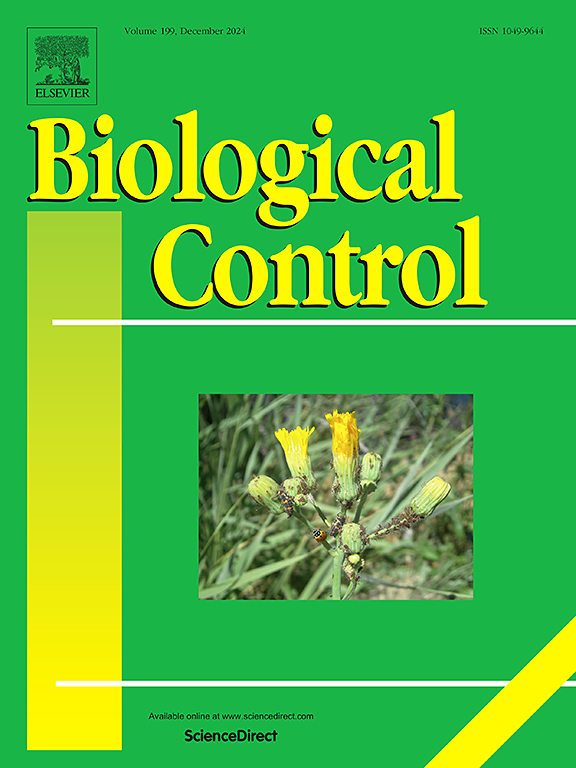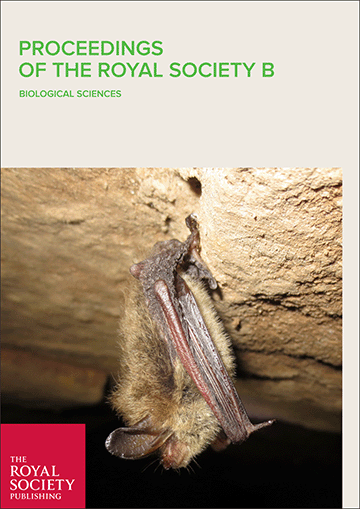The rapid expansion of hybrid maize in the uplands of northern Laos is viewed by the government as meeting policy aims related to green economic development. Yet, growing evidence of negative consequences of maize expansion are emerging. Based on farmers’ perceptions, we study: (1) farmers’ reasons for adopting and abandoning maize, and; (2) implications of commercial maize expansion on local livelihood security and inclusiveness (food supply, income, risk coping, and ability to join maize growing), and environmental sustainability (productivity, and soil and forest quality) over time (2013 and 2016). Results show that maize has advantages in terms of labour allocation, and it provides much-needed cash income. Yet, swidden is the main food provider and an essential safety net for unforeseen risks (including maize crop failures or price fluctuations). The way that maize was produced did not meet the criteria of green economic development due to its negative effects on the environment (soil and forest degradation) and socioeconomic sustainability (household differentiation, increased economic risks, debts, and food insecurity). By providing a local perspective, this study encourages a critical reflection of the underlying assumptions and conceptualization of the green economy approach in Laos, and argues for policies and measures that consider a more holistic perspective of human wellbeing and the environment.
Download:
DOI:
https://doi.org/10.1016/j.landusepol.2018.10.006
Altmetric score:
Dimensions Citation Count:

Publication year
2019
Authors
Kallio, M.H.; Hogarth, N.J.; Moeliono, M.; Brockhaus, M.; Cole, R.; Bong, I.W.; Wong, G.Y.
Language
English
Keywords
climate change, maize, swidden agriculture, land use change, livelihoods
Geographic
Lao People's Democratic Republic
























